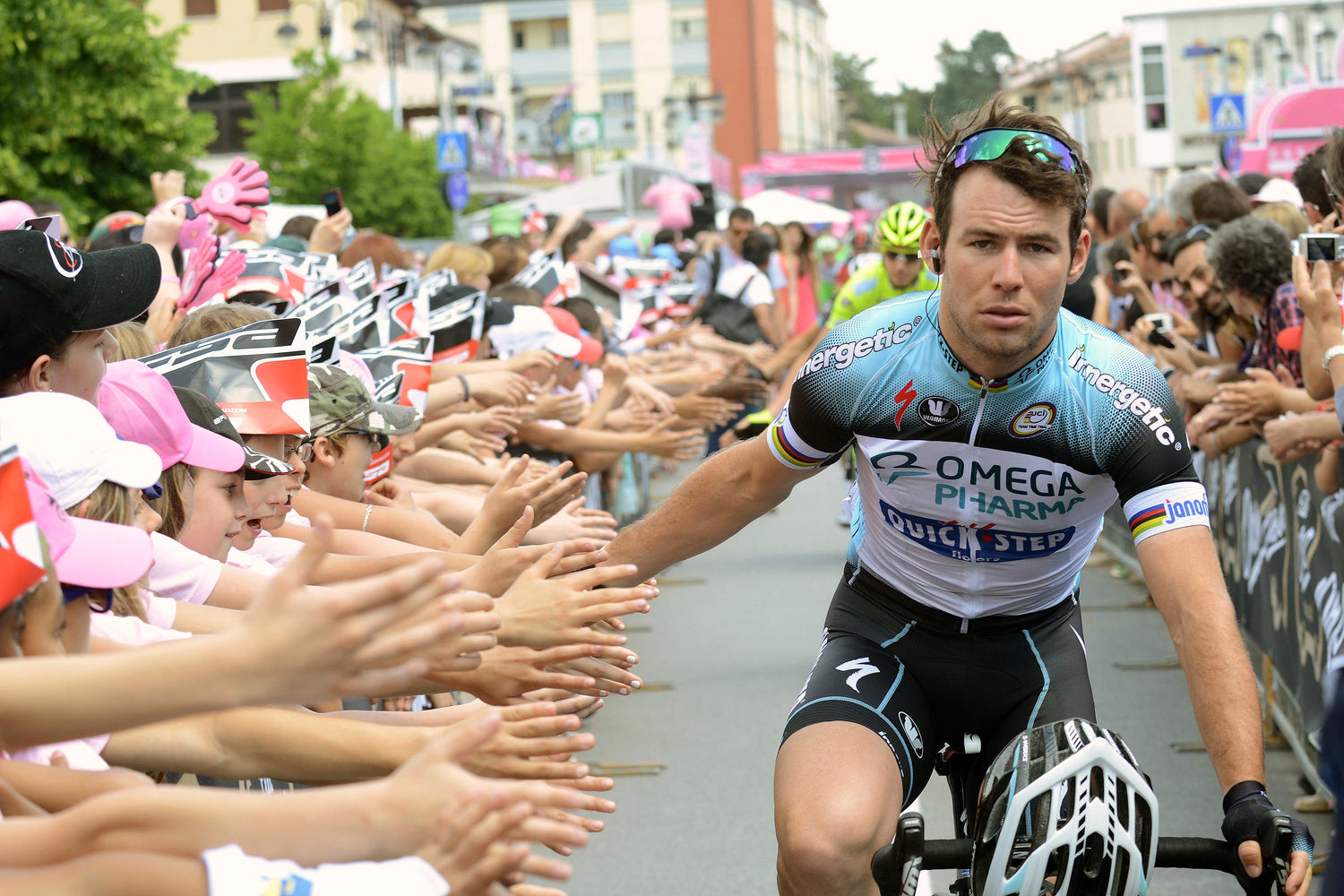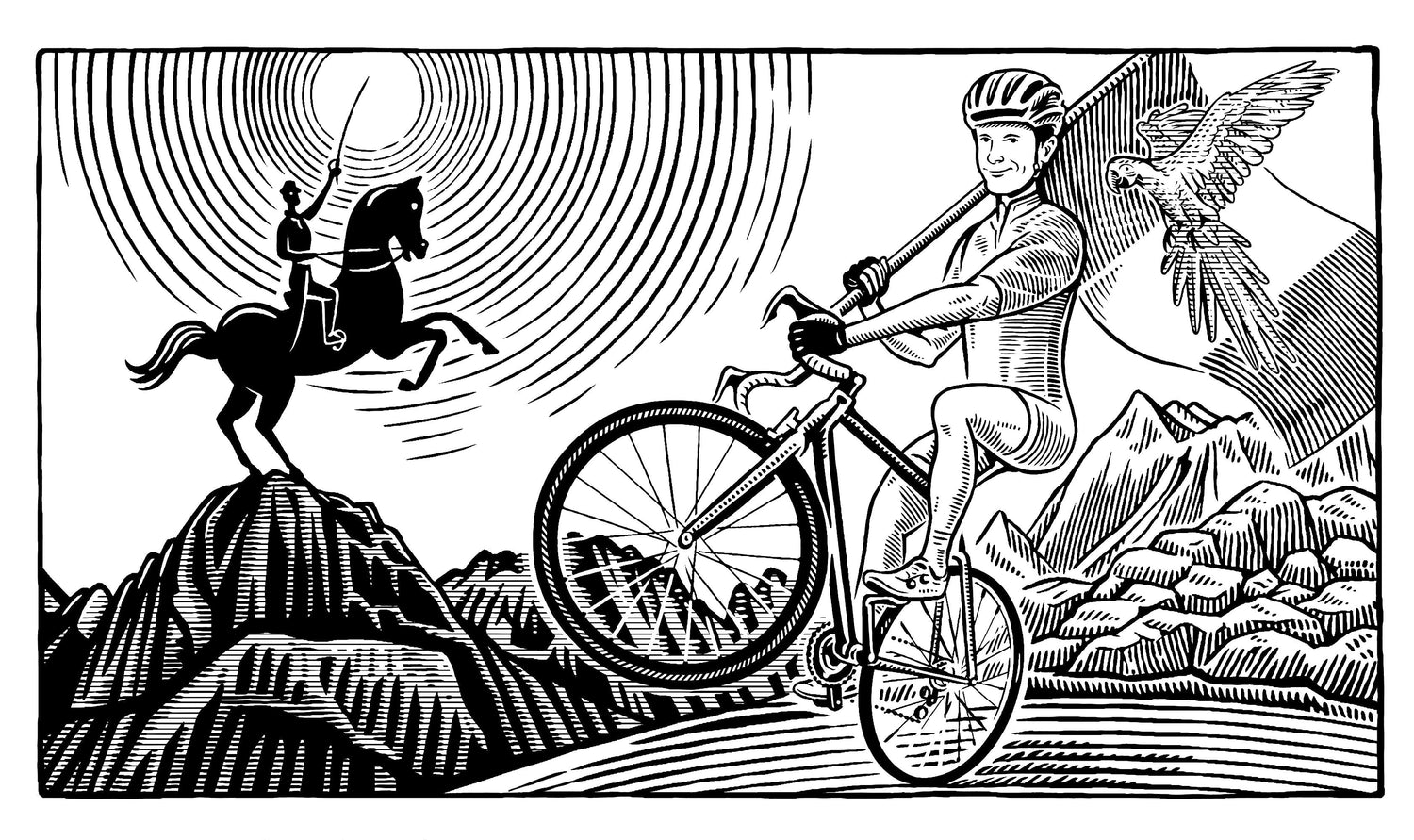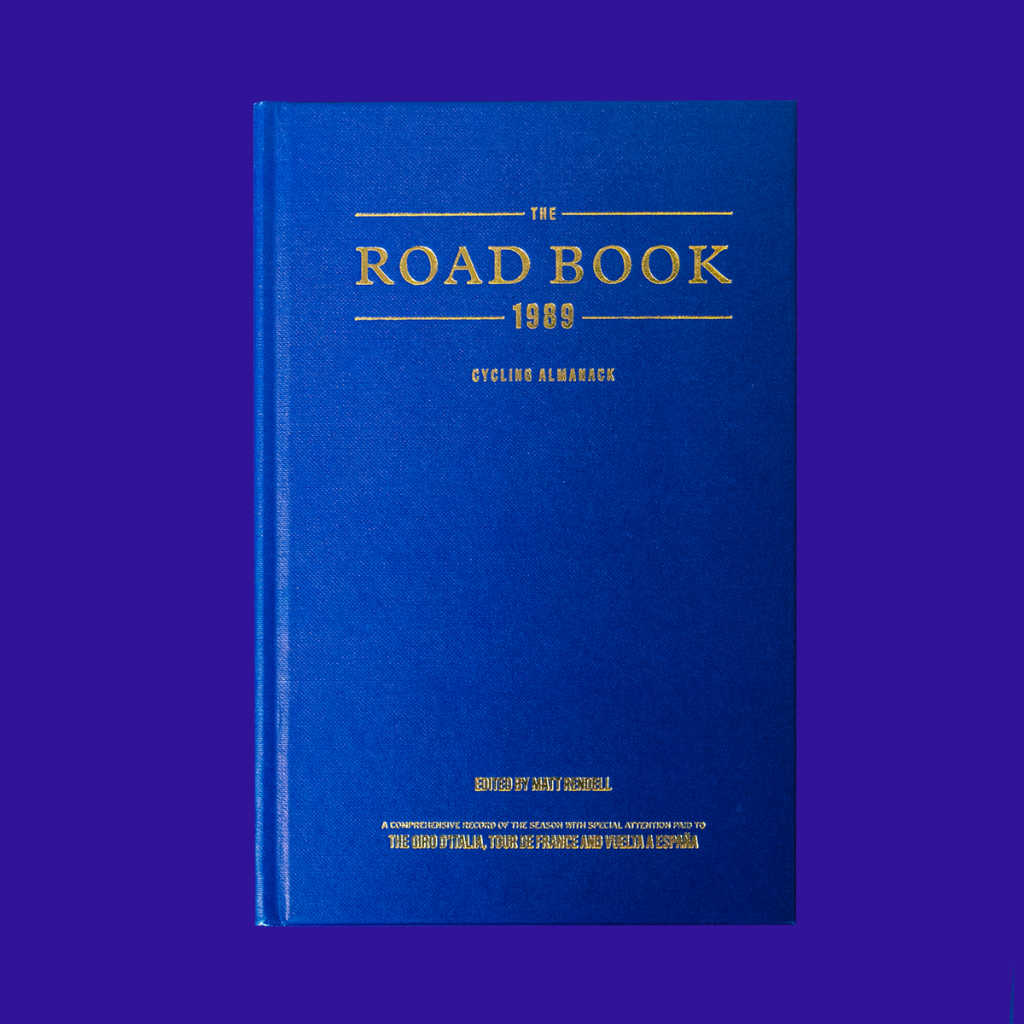When does “lost” become “forgotten”? We lose generations within education or housing due to poor decisions or uncontrollable market forces; to wars and conflicts in countries across the world but do we ever talk about them as forgotten? Is it more likely that we continue to recognise them as lost and forever contained in that moment of time.
Whilst the Aigle-Martigny World Championships were lost in 2020, with only the senior men’s and women’s races surviving the transfer to Imola, the younger generation were those who missed out. But what is lost to others has become forgotten to time already since the busy return of cycling. The World Para Road Championships were due to be held in Ostend, Belgium in June but were, as so many events, cancelled due to the pandemic.
The fact that these world championships were scheduled to take place in June will be news to many. ‘Are they not part of the World Road Championships?’ You may ask. ‘The celebration of cycling that was the Road World Championships in Harrogate last year had a para cycling event didn’t it?’ You may also have found in your memory.
The answer was that yes, whilst there was a showcase of Para Cycling with winners and ranking points at stake, the 2019 World Para Road Championships had taken place the previous weekend over in the Netherlands. These were held with much less of a crowd and a fanfare. Whilst many of those champions appeared in Yorkshire to race again, some who had crashed or those who had not performed as they wished or those who were simply unable to attend due to using their limited funds to attend the Worlds in Emmen were absent.
The reality is that the event in Harrogate was unique and brought together by the organisers to recognise the importance of Para Cycling and inclusivity of the sport, bringing these road races to be held as part of the World championships but not yet parallel to them. Unique to Yorkshire, riders would, for the first time compete on closed roads with a rolling road block, rather than just completing laps of a circuit, as was the case in Emmen, to make up the respective distances for the classifications of the cyclists.
Volunteering at the start in Wetherby, it was amazing to see crowds gathering; along the route, at the start and the joy of a young disabled child from a local school who got to start one of the races. This could not be spoilt even by the greengrocer who felt the road closures and perhaps the stage directly outside his shop was doing damage to his business. Who wanted fruit and veg when ice-creams and cold drinks outside of pubs and the cyclist’s favourite, the flat white, were the orders of the day as the sun shone? The weather was perhaps the biggest advertising for the Para Road Cycling event that day and as many, including myself experienced for the remainder of the week, the rains did come.
So why were the Para Road Championships not just part of the World Championships in 2019? Talking to riders it certainly did not take anything away from the event. For some the chance to show off their rainbow jersey, some to race in-front of one of the biggest crowds they had encountered and for some their first race against internationals offered so much more. And as this is the top level of the sport some were simply there to win.
The fact that there were two races in the calendar was a huge positive for many riders where para-track cycling still dominates the competitive opportunities.

2020 would again offer initially two opportunities to compete at the highest level, with The World Championships in June and the Tokyo Paralympics in September.
For those who had set their goals on the rainbow jersey in Emmen in September 2019, and achieved, would originally have to compete again inside 9 months in order to have the honour of wearing the jersey at the Paralympics in Tokyo.
Increasing in size and interest since a magical 2012, the Paralympics dominate the calendar for many sports and within cycling, the road and track races are still an important part of the fixtures. With the Paralympic Road Races due at the Fuji Speedway between 1 and 4 September, the opportunity to race at the 2020 Worlds originally in Switzerland was removed and thus the early season World-Para Road Championships were required.
Colin Lynch, the now retired Irish National Champion and Hour Record Holder for the C2 class, is a Para Cyclist representative to UCI Para Cycling. When asked about the conflict of the Worlds vs the Paralympics,
“For me it was always the Worlds”, said Lynch. “Cycling is about the rainbow bands on the jersey”
“Most would probably say the Paralympics over the Worlds, mainly because of the profile that it gets, even though it is only every 4 years”
When asked as part of a British Cycling YouTube question and answer session during lockdown, Dame Sarah Storey, the multi time champion in her C5 class, believes that the frequency of the Worlds mean they’re always the first event marked in her diary, but that the Paralympics are the pinnacle of sporting achievement. There is room for both, and Sarah’s record would show that she takes both just as seriously.
Two cyclists, two different opinions, as is the way of life. The debate is as split across conversations with other Para cyclists, says Lynch but it is an important one to have.
Para Cycling is wholly owned and governed by the UCI. This includes managing competition, classification, and rider experience. With 1,890 registered Para cyclists from across the globe and from the 4 impairment groups and the classifications contained within, there is a lot to consider and listen to
The Paralympics for so many years was the only awareness of elite level sport for disabled people. Whilst coverage has increased and the ever growing message that people need to be able to see sport so that they can perceive themselves trying it out or aspiring to competition within it rings clear, coverage of Para cycling remains hard.
Para Track cycling has been able to add livestreams of sessions and has a more economic friendly impact on host organisers, as there is only one track to cover. Lynch explained in conversation that Para Cycling have been trialling ways to create a package for broadcasters to pick up or drive their own broadcast to increase the coverage of Para Road cycling.
Visibility, as shown by the Paralympics is key to the development of the sport but it is also key to the experience of the athletes competing for their countries, especially those where sport for disabled people may not be as strongly supported or where continued funding to support their continued success needs somewhere to show just how good they are.
With challenges over coverage of the biggest women’s world tour race in 2020, the scale of the challenge to get Para Cycling on to screens is laid bare.
On the 9th June, the UCI across its social media platform pledged “to achieve better representation and diversity. Not that it should but that it can be achieved”
In a year that has seen an increasing call for societal change to tackle entrenched prejudices, and specifically within cycling for increased diversity and visibility through conversation and action, now seems the right time to ensure that we are talking about Para Cycling.
Storey believes that the break in the rhythm of cycling in 2020 could provide the opportunity to do things differently, interviewed in the Telegraph in June she said,
“We’ve not made as much headway as I would have expected. If you’d said to me as a 14 year old
Of the registered Para cyclists, 1 in 4 are female. There is desire to improve the balance and surely this can be done by working together on increasing the overall visibility of female cycling?
In a year where cycling has taken off in many countries, many people starting out or rediscovering the love of two wheels, there is a chance the personalities and experiences of Para Cyclists could help others find the love for cycling; on two or three wheels, powered by legs or by arms. Encouraged to be active, find freedom on a bike or maybe become a star themselves.
Perhaps the biggest fundamental change ahead is the commitment of the UCI, starting with Glasgow 2023 to ensuring that the World Para Road Championships become a recognised part of the World Road Championships.
The combining of the events creates a platform not just for cycling but for all the divisions of it. Whilst cycling is in a period of reflection over the issues raised this year in society and within the sport, the opportunity arises to look at the commonalities of Para Cycling with the development of other areas of participation. Having an impairment does not mean that you do not have barriers created by other protected characteristics.
As the 2020 call to create change rings out, it should be remembered as we look towards 2021. Whilst the strong voices, leaders and star performers come from within Para Cycling, there is a duty; from fans, writers, podcasters, and broadcasters, to engage with Para Cyclists to highlight their talent and amplify their voices.
If Para Cycling is the showcase, then the World Para Road Championships need to be recognised for their importance in providing an elite level of competition and the opportunities in cycling.
This is not about waiting for Glasgow and losing the opportunity that events in Portugal (2021) and Canada (2022) offer.
Glasgow 2023 does offer a more inclusive future.
A true World Championships that are not to be forgotten.
Jamie Blair







